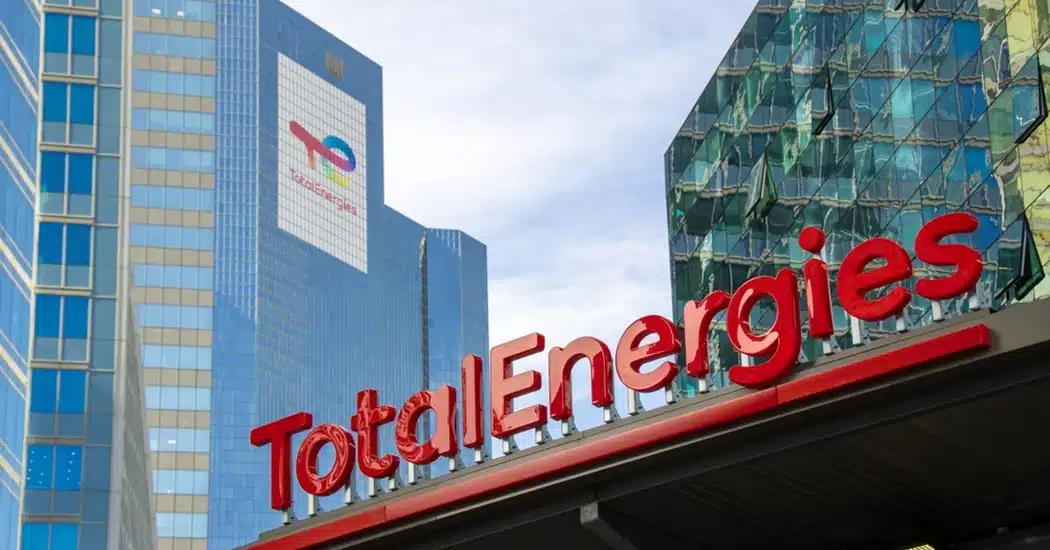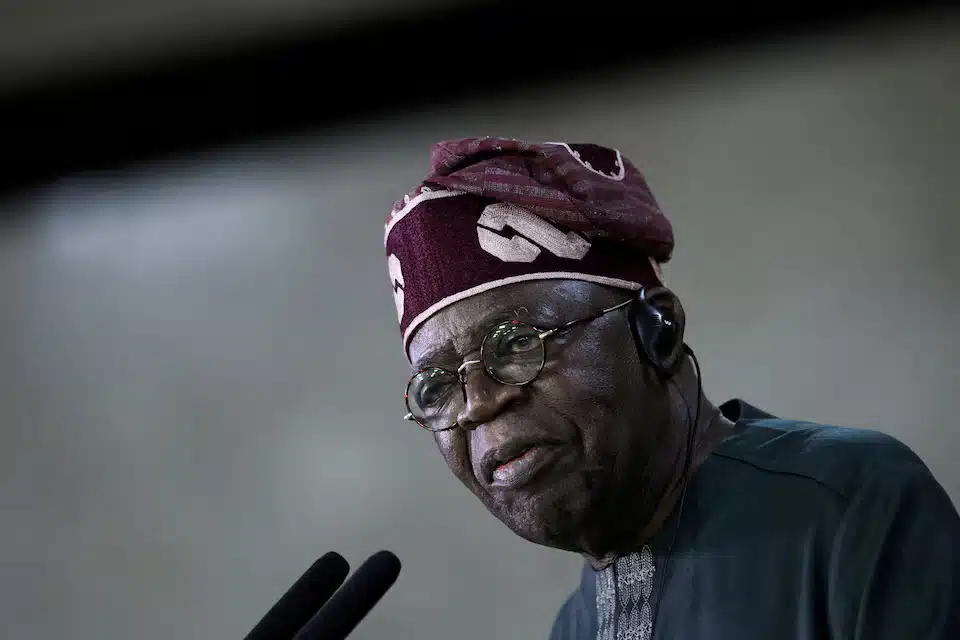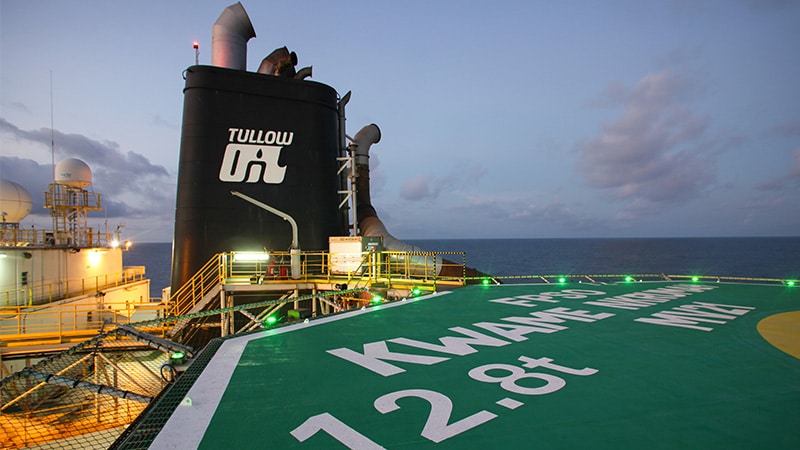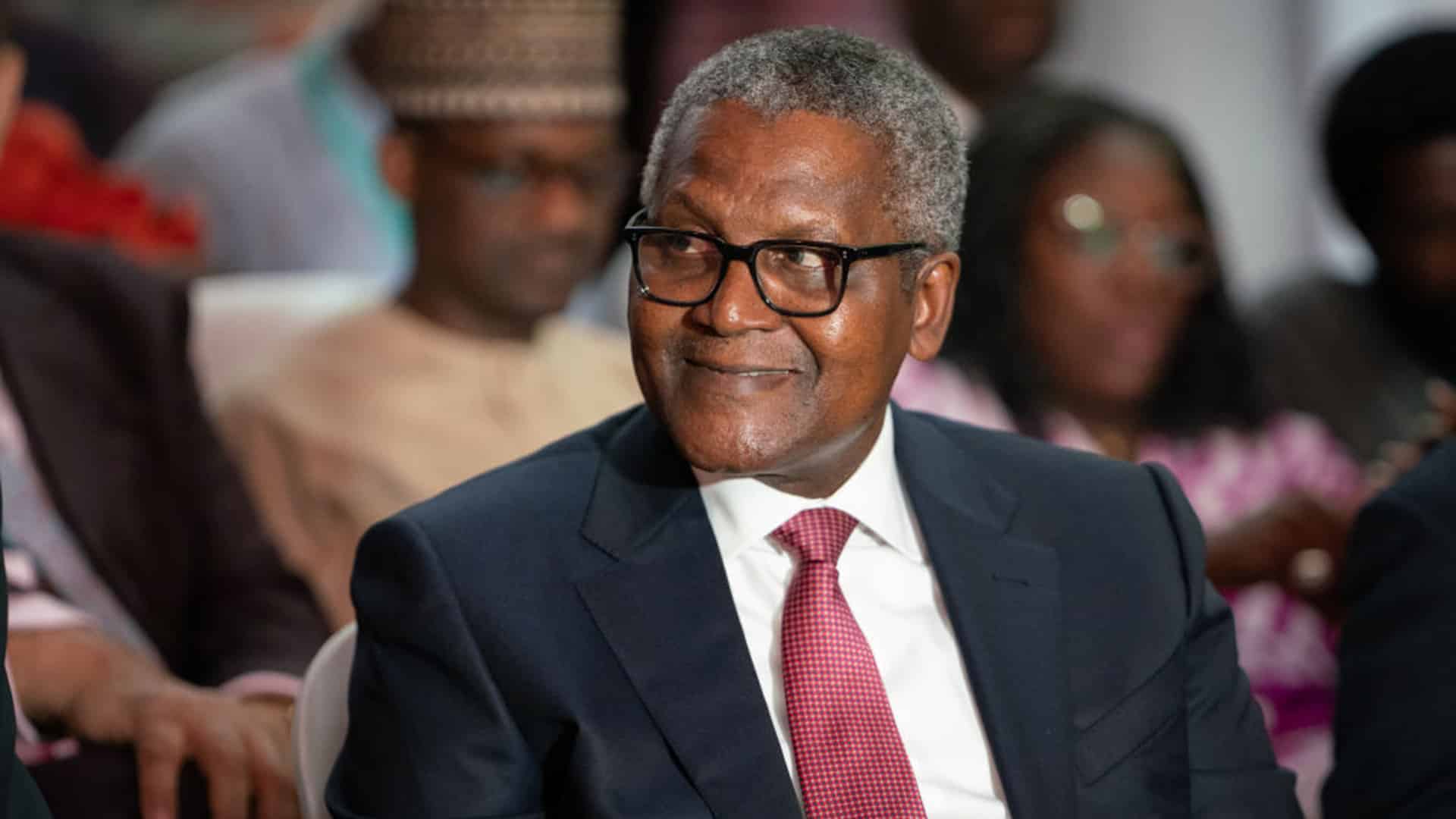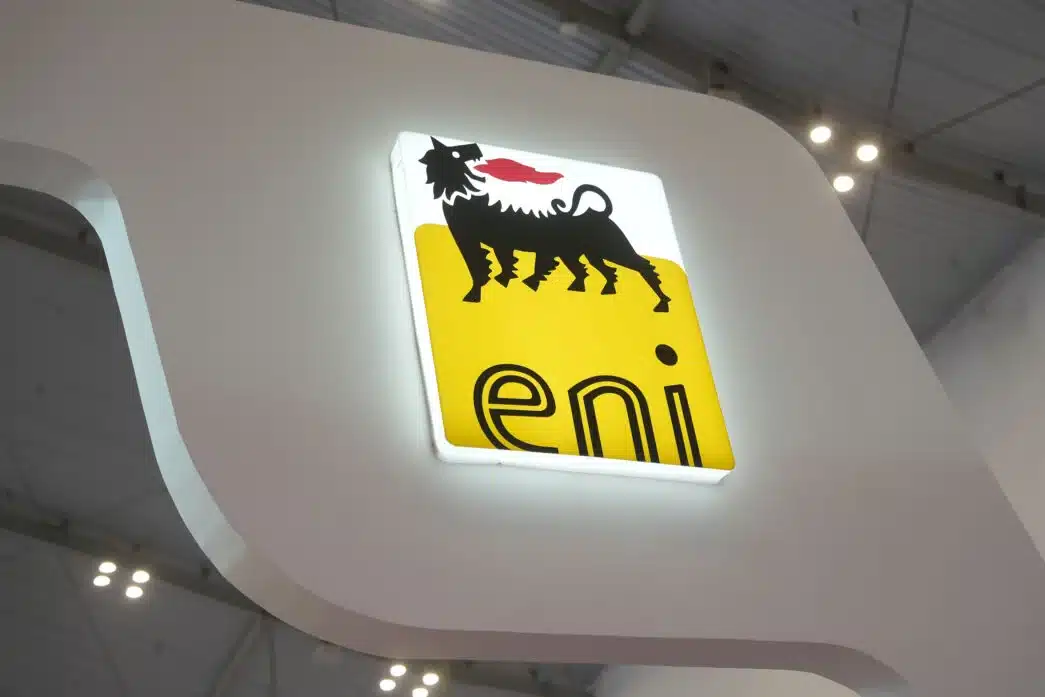The Nigerian Upstream Petroleum Regulatory Commission (NUPRC) has clarified the reason for the collapse of the $860 million divestment deal between TotalEnergies and Chappal Energies.
The agency said on Thursday that the sale fell through because Chappal failed to meet financial obligations attached to the ministerial consent granted in October 2024.
Energy in Africa earlier reported that the deal involved the transfer of TotalEnergies’ entire 10% participating interest in the joint venture operated by Shell Petroleum Development Company (SPDC) and the Nigerian National Petroleum Company Limited (NNPCL).
The agreement excluded three oil blocks but covered 17 other oil mining leases across the Niger Delta.
However, the deal was halted after several months of delays. NUPRC said Chappal was unable to complete the required payments despite extensions granted by the regulator.
“The ministerial consent was accompanied by financial obligations to the Nigerian people with strict deadlines. Both parties failed to meet these obligations after repeated extensions, and the commission was left with no choice but to cancel the deal,” the agency stated.
Future divestment still possible
NUPRC noted that cancelling the consent does not permanently shut the door on asset sales. The commission stressed that both TotalEnergies and Chappal could revisit the deal or seek other buyers, provided that all financial and regulatory conditions are fully met.
The regulator linked this to its duty under the Petroleum Industry Act (PIA).
The law gives it powers to approve divestments while ensuring that host communities, the federal government, and joint venture partners are not left with unpaid liabilities.
“The withdrawal of ministerial consent does not stop future transactions. Any new divestment must align with the PIA and protect national interests,” the agency added.
Setback for TotalEnergies strategy
The failed transaction represents a setback for TotalEnergies’ strategy to offload mature onshore assets in Nigeria and reduce its debt.
The French oil company had told investors in 2024 that divestments in Nigeria would contribute to a $3.5 billion cash target to lower its debt to equity ratio.
By retaining its 10% stake in the SPDC joint venture, TotalEnergies remains exposed to operational risks in onshore assets.
These assets have long been plagued by crude theft, sabotage, oil spills, and rising rehabilitation costs.
The joint venture’s other shareholders include NNPCL with 55% and Italy’s Eni with 5%.
In March 2025, Shell successfully completed the sale of its 30% stake in SPDC to a consortium of local companies for up to $2.4 billion.
Chappal Energies, which specialises in acquiring mature and distressed oil and gas assets, had in 2024 finalised a $1.2 billion acquisition of Equinor’s Nigerian business with financing from Mauritius Commercial Bank and commodities trader Trafigura.
However, the company did not disclose its financial backers for the attempted TotalEnergies purchase.
The withdrawal of ministerial consent by NUPRC has kept TotalEnergies tied to onshore assets it had hoped to sell, underscoring the financial hurdles faced by buyers in Nigeria’s upstream sector.

